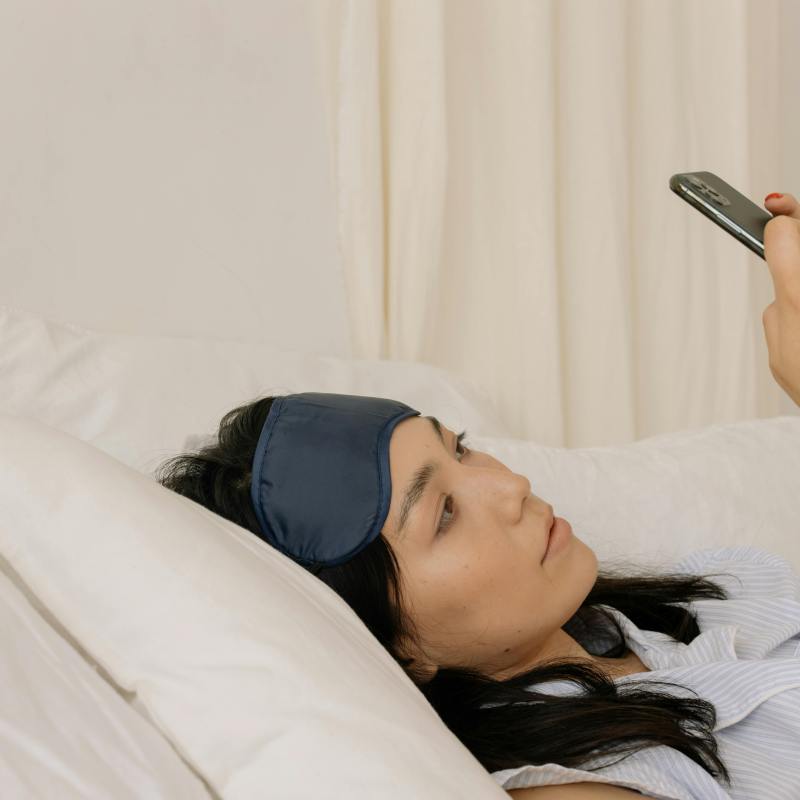
Staying healthy on the road is a hot topic in the travel world.
Videos by TravelAwaits
First, because staying healthy gives travelers the energy to take full advantage of their trip. Second, it ensures they’re able to make all their scheduled dates—whether taking a train or heading on a museum tour.
Most importantly, healthy travelers don’t need to schedule a trip to an urgent care center while on the road.
Even a slight cough or cramp can throw a wrench into travel plans. Mild sickness creates unneeded stress, and can also keep travelers (or others in their group) confined to a hotel room.
Or, worse, a multi-bunk hostel room.
To stay healthy on the road, consider building up a medical arsenal with a few easy-to-pack supplies. Along with the basics, these products are designed to keep travelers energized and ready to explore.
Health & travel: the basics
Everyone has unique advice on how to stay healthy on the road. In fact, this topic has been covered extensively, from basic tips to recommendations from a physician.
The idea is simple: focus on diet, sleep, and exercise.
Travelers who drink more water, get plenty of sleep, and maintain their physical health have a stronger immune system. They might run into pathogens on a flight and bacteria on a bus—but their well-rounded approach to eating, drinking, and sleeping gives them a leg up on other travelers.
In terms of eating, travelers should try to avoid unhealthy and sugary foods. One retired physician even recommended bringing a dose of antibiotics in case disaster strikes.
Now, onto the five products that all travelers should keep in their toiletries bags.
Electrolyte packets
Electrolyte packets are geared toward athletes (and the critically hungover). These packets usually include a high salt content to improve hydration for longer periods of time. Many also include vitamins, which means they function like a dual supplement.
I trust these brands for electrolytes:
Face mask
I won’t get on a plane without a face mask—but it’s not solely about catching a cold.
Obviously, one of the best ways to avoid the pathogens and bacteria spreading throughout the cabin on a long-haul flight is to wear an N95 or other high-grade mask.
But in terms of health, masks also help prevent my sinuses from drying out. Plane air isn’t just dirty—it’s also incredibly dry. This can quickly lead to colds and coughs. A mask will help keep the air near your mouth and nose humid. (Kind of gross, but that’s science.)
My preferred painkiller
If I have a headache (see: hangover), the last thing I want to do is play a guessing game with painkillers. For this reason, I take my preferred brand of ibuprofen with me on the road.
Whether or not you foresee any hangovers, no one wants to learn the hard way that acetaminophen, ibuprofen, or another over-the-counter medication simply doesn’t work. Or, worse, it upsets the stomach.
Bring what you know works—whatever it is, in your case.
Saline nasal spray
As someone with sensitive sinuses, I always carry a saline nasal spray with me. This quickly lets me clear and drain my sinuses, either when I’m on a plane or in a busy and polluted city center.
A saline spray is also helpful for those who suffer from allergies. The farther you go from home, the more likely you are to encounter new and troublesome allergens. A saline spray can go a long way in letting you breathe easily—literally and figuratively.
Ear plugs & eye covers
Like nasal spray, ear plugs and eye covers are helpful on the plane—but they’ll probably come in handy after a flight lands, too. Even travelers who pay a lot for a refined boutique hotel stay might face noisy nights, especially if they’re located in a city center.
Ear plugs and eye covers are also helpful for travelers who are struggling with jet lag. If you have a good set of earplugs and a solid eye cover with you, then you can nap when and how it suits you.
